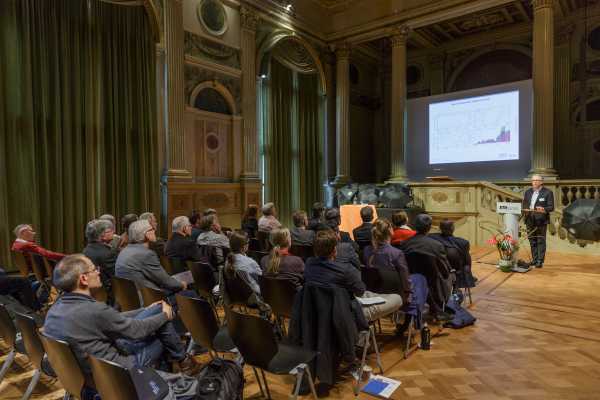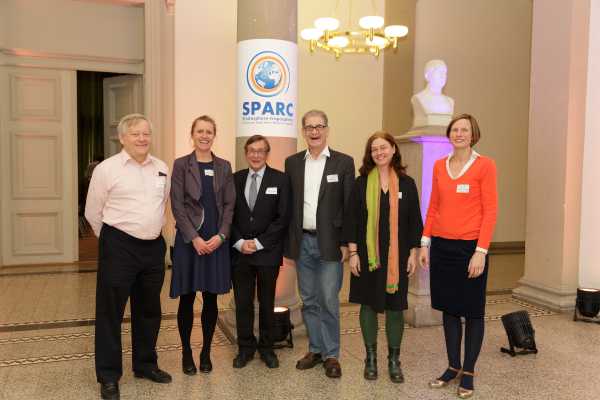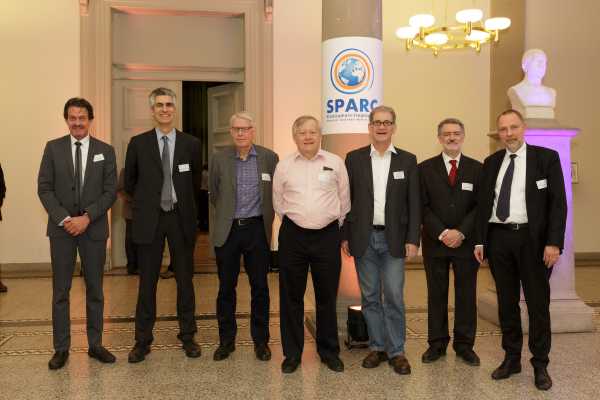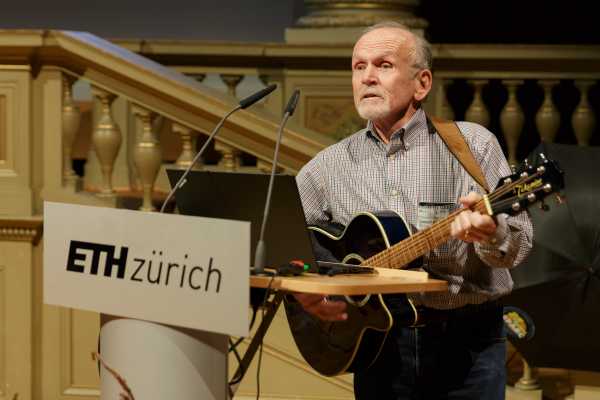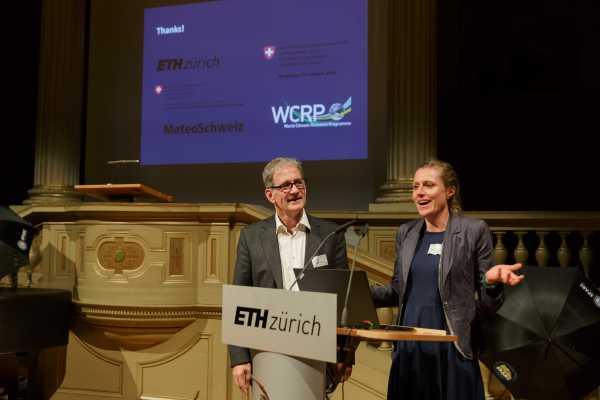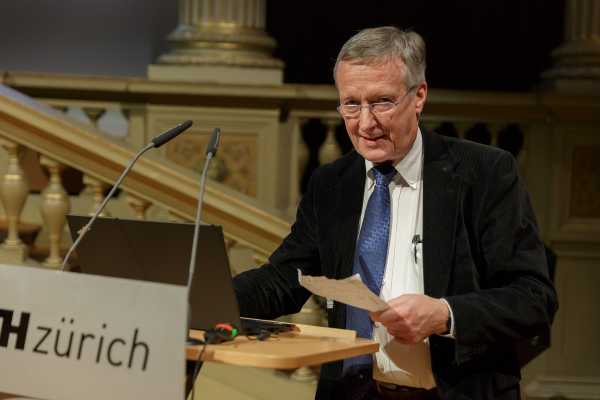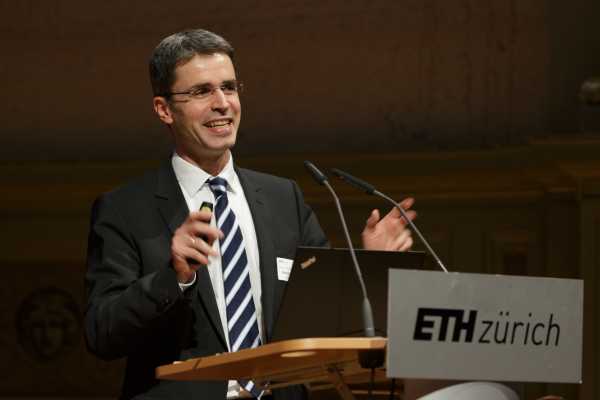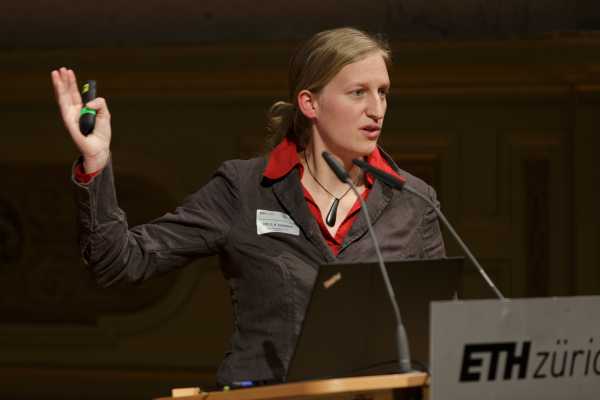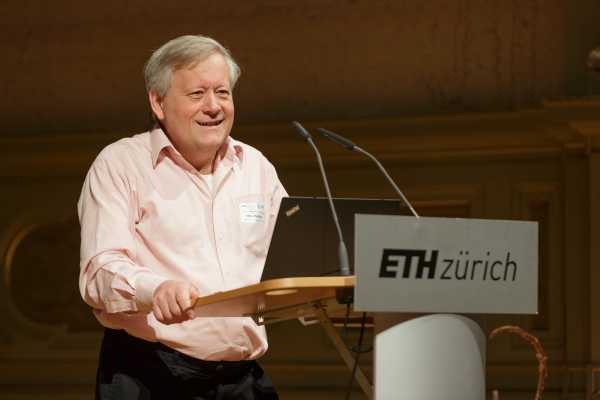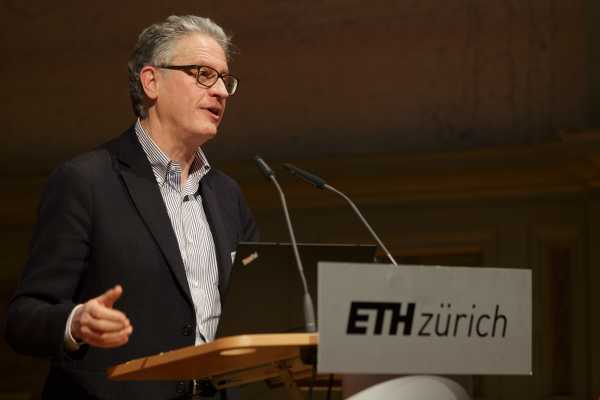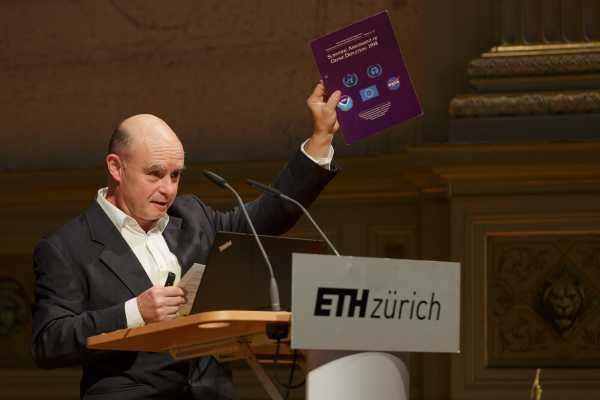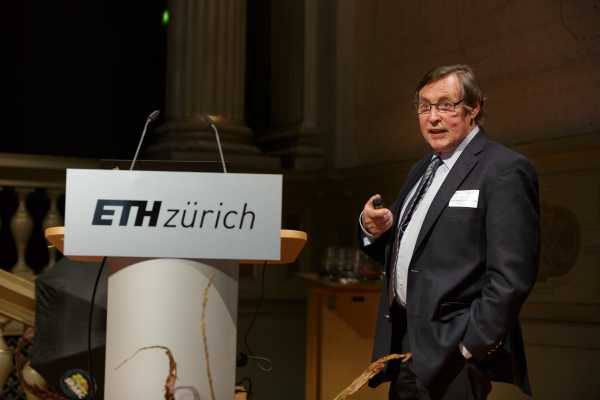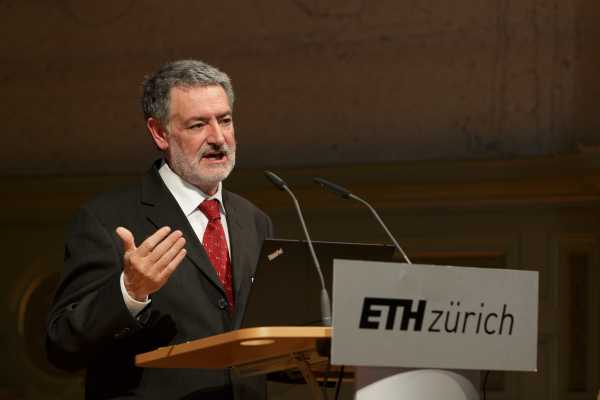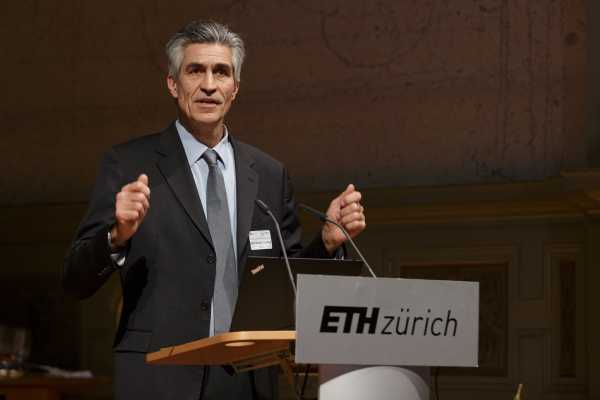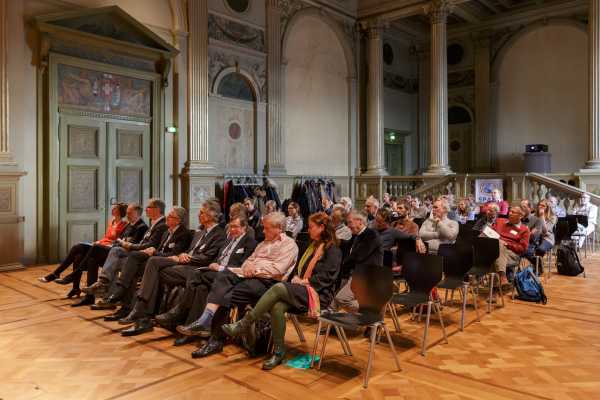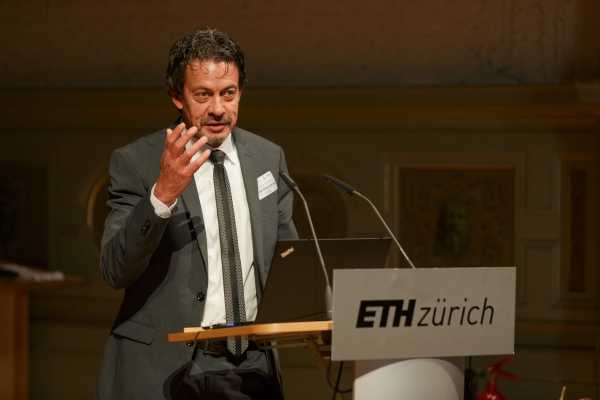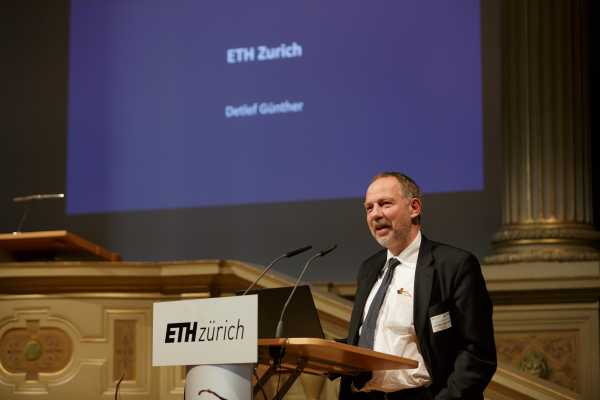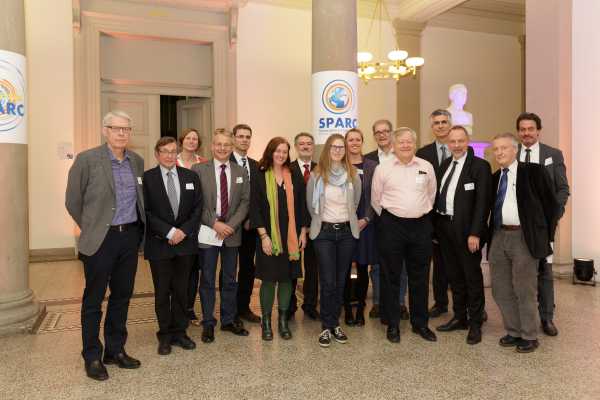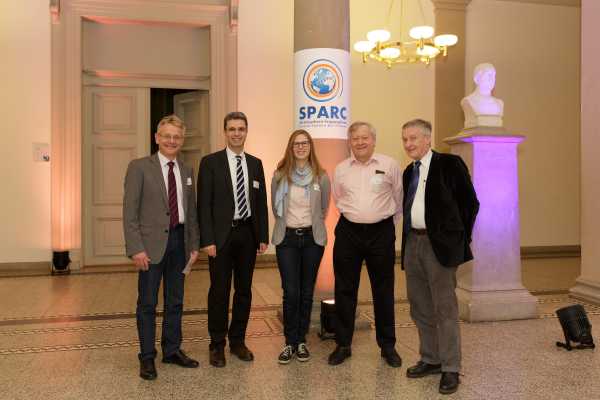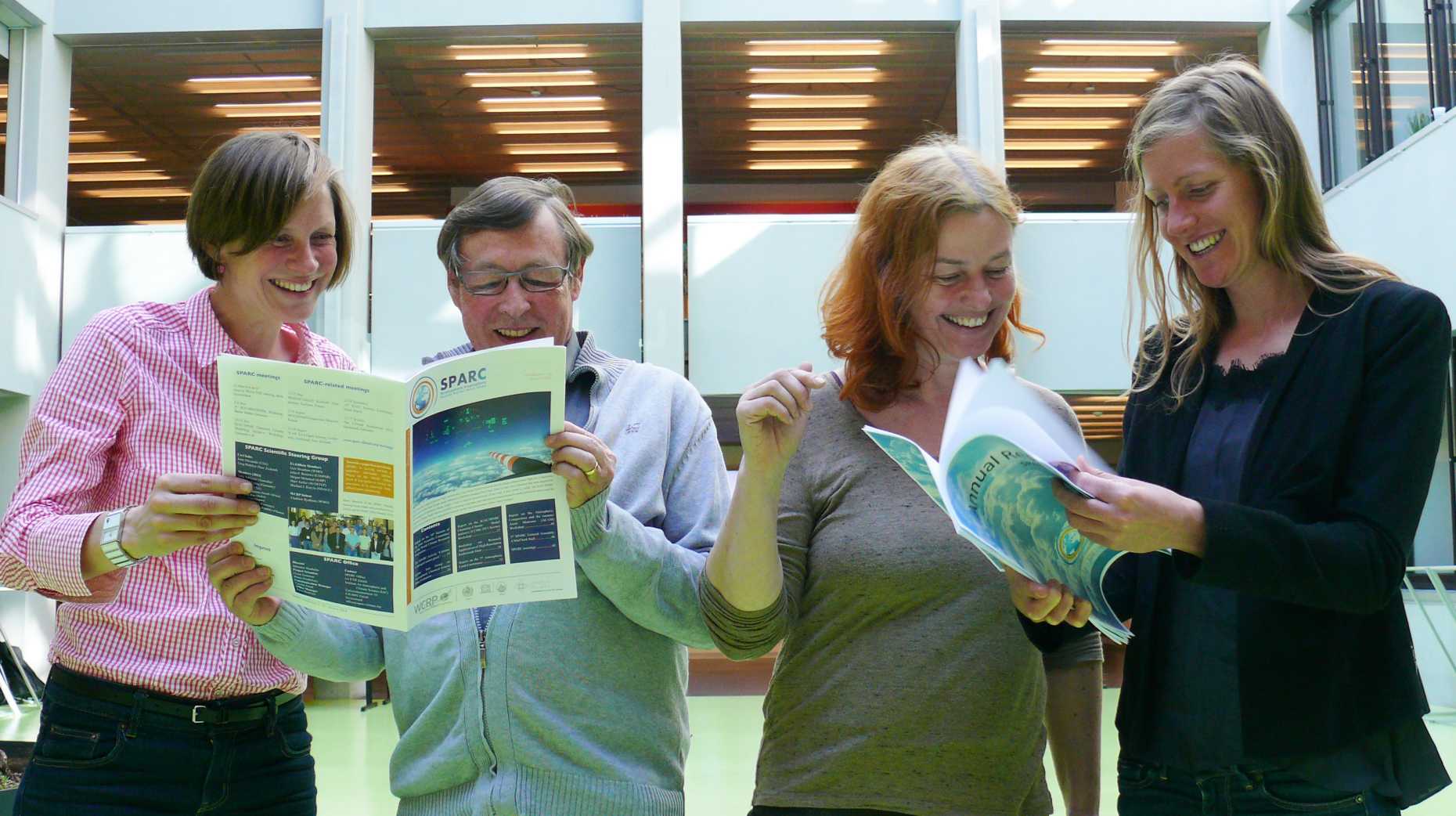SPARC
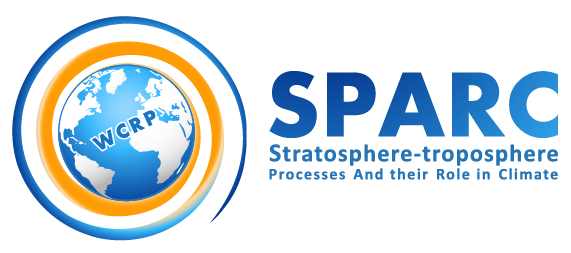
Founded in 1992 largely in response to concerns about the consequences of stratospheric ozone depletion, the external page World Climate Research Programme (WCRP)’s core project SPARC (Stratosphere-troposphere Processes And their Role in Climate) has evolved into a major international research coordination hub for atmospheric sciences. Over the years, SPARC’s focus has expanded to go well beyond just the stratosphere and to look at coupling between the troposphere-stratosphere system and impacts closer to the surface. The primary goal, however, has remained the same: to facilitate cutting-edge research to improve our understanding and prediction of atmospheric processes. Counting over 3000 researchers from around the world, over the past 25 years the SPARC community has become an internationally recognised and lively scientific community. Research is carried out through a wide range of activities focused on societally-relevant questions. Over the past two and a half decades, eight comprehensive SPARC Science Reports as well numerous well-cited scientific papers and newsletters have been published. SPARC’s renowned expertise in data handling and modelling have contributed significantly to international assessments, such as the WMO/UNEP assessments of ozone depletion and the IPCC climate assessments.
SPARC’s success would never have been possible without the long-term commitment and support of the World Climate Research Programme and WMO, as well as the numerous SPARC Office hosts and sponsors, including the most recent SPARC Office sponsors in Switzerland: ETH Zurich, the Federal Office of Meteorology and Climatology (MeteoSwiss) and the Federal Office for the Environment (BAFU).
On 1 December 2017, SPARC celebrated its 25th anniversary and, after six years of operation in Zurich, the move of its international project office from the ETH Zurich Institute for Atmospheric and Climate Science to the German Aerospace Center (DLR) in Oberpfaffenhofen - its fourth destination after Paris, Toronto and Zurich.
What does SPARC do?
Scientific research coordination: SPARC brings together the world’s experts to address key questions in atmospheric and climate research.
SPARC workshops, meetings, and general assemblies: To facilitate high-level science, SPARC organises many workshops and meetings related to SPARC activities and themes. The SPARC General Assemblies (SPARC GAs) are held approximately every four years and are key events in the SPARC calendar, bringing together scientists from the international community to discuss SPARC-related research.
SPARC science: SPARC is well known for its comprehensive scientific reports, which assess current knowledge and understanding on topics within SPARC research themes. These reports are strictly peer-reviewed and of high scientific quality, having been widely cited and influential in the WMO/UNEP Ozone Assessments and IPCC Assessments. Results from SPARC activities are also often published in special issues of scientific journals.
SPARC communication: SPARC's biannual newsletters are well cited in peer-reviewed publications reflecting their high scientific quality and visibility. They include: (i) reports of the annual SPARC Scientific Steering Group meetings as well as WCRP Joint Steering Committee meetings and other activities related to WCRP; (ii) reports of scientific workshops, related meetings, and activities supported by SPARC; (iii) summary articles on new research activities, measurement campaigns, and programmes related to SPARC. SPARC also communicates regularly with the community through its eNews bulletins.
SPARC Office team (2011-2017)
Find more information see external page www.sparc-climate.org
The 25 Years of International SPARC Research Symposium was held in Zürich on 1 December 2017 (photo gallery below).
25 Years of International SPARC Research Symposium in Zürich
